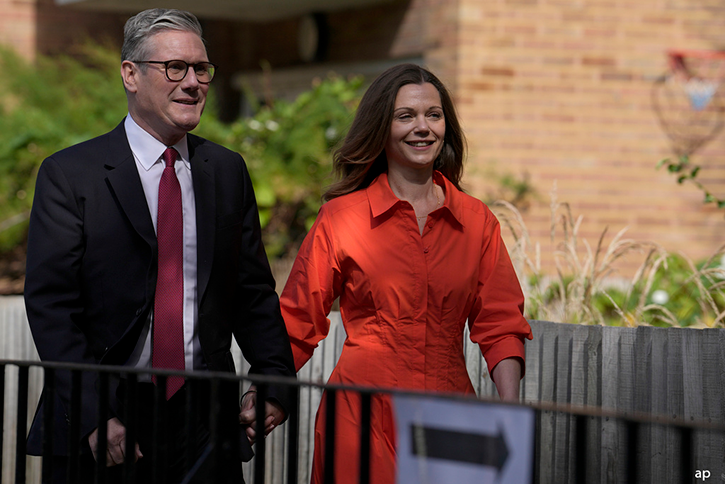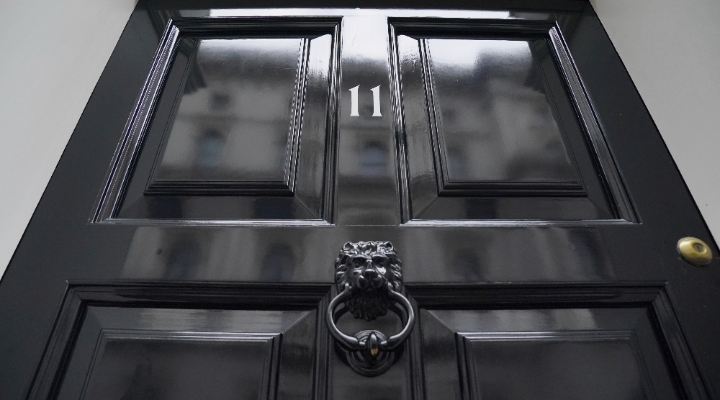.jpg)
The chancellor, Jeremy Hunt, has expanded his previous cuts to National Insurance (NI) in a Budget speech that contained very few surprises and very many interruptions from MPs.
In this latest move, employee NI contributions will be cut by an extra 2p in the pound from 10% to 8%, while the self-employed will also see a NI cut from 8% to 6%.
The cuts, which come into effect on the April 6, will give employees and the self-employed an additional £450 and £350 a year, respectively, Hunt said.
When combined with the existing reduction announced in the autumn statement last November, the overall change will hand 27 million employees and self-employed workers an average tax cut of £900 and £650 – again respectively.
National Insurance Cuts in 2024
• Autumn statement: Employee (class 1) cut from 12% to 10% on January 6, 2024
• Spring Budget: Rate cut again to 8% from April 6, 2024
Tax Across the Income Bands
However, Laura Suter, director of personal finance at AJ Bell, said the cut may not be welcomed by all.
"Someone on £15,000 a year will save less than £50 a year on their NI bill as a result of today’s reduction – and will save less than £100 a year if you combine today's cut with the one made in the Autumn Statement," she said.
"The highest earners will be feeling short-changed too, as someone on £100,000 a year will save the same amount as someone earning half that salary.
"While some may struggle to muster up much sympathy for those earning six-figures, this move has a huge impact on single earner households."
Pensioners Vote, But Don't Pay National Insurance
Suter also points out cutting NI is cheaper than cutting income tax because it benefits fewer people, a fact not lost on a chancellor under pressure from the right wing of his party to cut tax harder and faster than the fiscal climate arguably allows.
"Those over state pension age don't pay NI, whereas they do pay income tax. Having reportedly committed to the state pension triple lock, Hunt has clearly decided he can afford to annoy a few pensioners by cutting them out of the tax savings today," Suter says.
After Hunt's cuts the average earner will now have in effect the lowest tax rate in the UK since 1975, he claimed. This is despite the effect of so-called "fiscal drag", the effect of which is to put people into higher tax brackets as their wages grow amid rising inflation.
"Today a Conservative government brings down taxes," Hunt said, to cries of "no you didn’t" from the opposition.











.jpg)
















